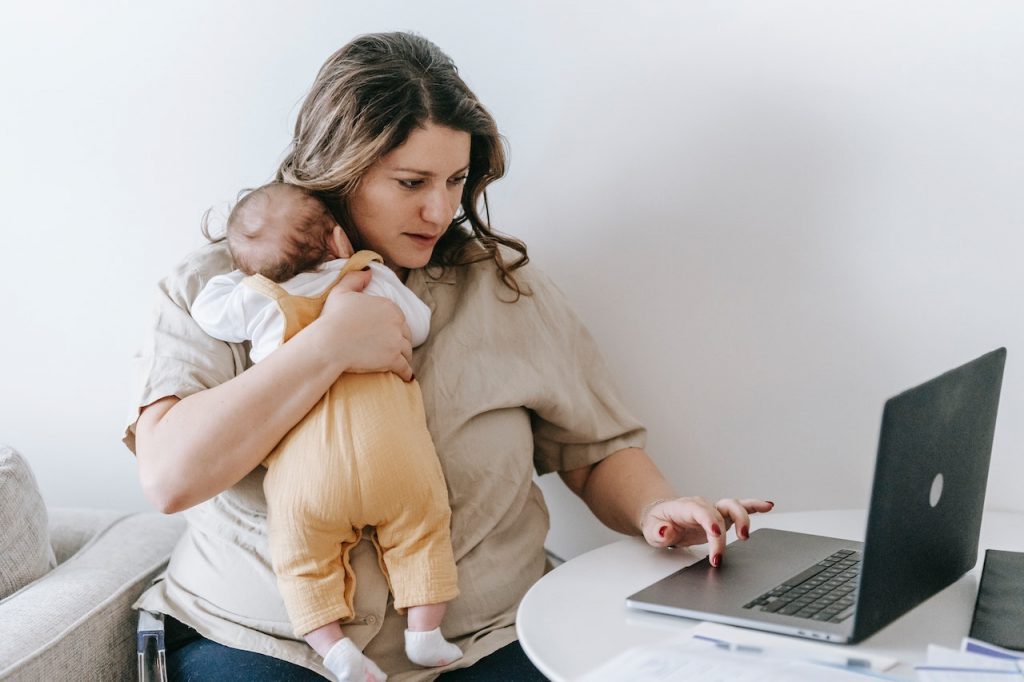Graduating from high school, all seniors are presented with diplomas, the kind of certificate that is perfectly stacked with all kinds of platitudes that, more often than not, are absolutely ridiculous and unrealistic when we actually think about it. For example, “you can be anything you want to be” or “if you can dream it, you can do it.”
It is not about the fact that these sayings are there to help encourage these young adults to dream big or aim high.
The issue is that they pretend as though each kid is a blank canvas!

Ketut Subiyanto/Pexels | Parents have a big role in helping kids determine what they'd want to be
A 16-year-old kid can dream about aiming to be the next LeBron James, but if he’s hoping for a chance with a five-foot-five height and a general lack of coordination, there’s a high chance of failing. For such a situation, the Greeks gave the best advice 2,500 years ago: "To know thyself is the beginning of wisdom."
How Do You Figure Out What You Want To Do?
Unfortunately, great philosophers like Socrates or Plato aren't around to give us the best advice. However, their wisdom has been collected and restored on the internet in the form of aptitude assessments that are intended to help middle school and high school students, as well as other individuals, to understand themselves in the best way. These assessments are made to identify the talents and strengths and suggest the best career paths that would lead to potential success.

Katerina Holmes/Pexels | This assessment is computer-based and will help you choose what’s best for you!
Other Ways
From a young age, most parents try to understand the interests of their children and help their children understand themselves as well. They try to figure out if their kid would prefer an individual pursuit like singing or would be comfortable being a team member. Would their idea of a perfect day be reading a book at home or hanging out with friends?

Gustavo Fring from Pexels | Most parents work on their child's interests from a young age
In a similar way, most high schools offer all sorts of extracurricular activities such as clubs and sports as a way to encourage experimentation and help their students find a good fit. This trick can also help students learn and gain some real-world skills as well as make them think about how they will make a career out of their interests.
Conclusion
A better approach, however, is promised by a new generation of assessments that will help students figure out who they are and what they really want. This assessment is one that puts the students through a series of activities and exercises to see what kinds of things they’re actually good at instead of just assuming that the students already know.





